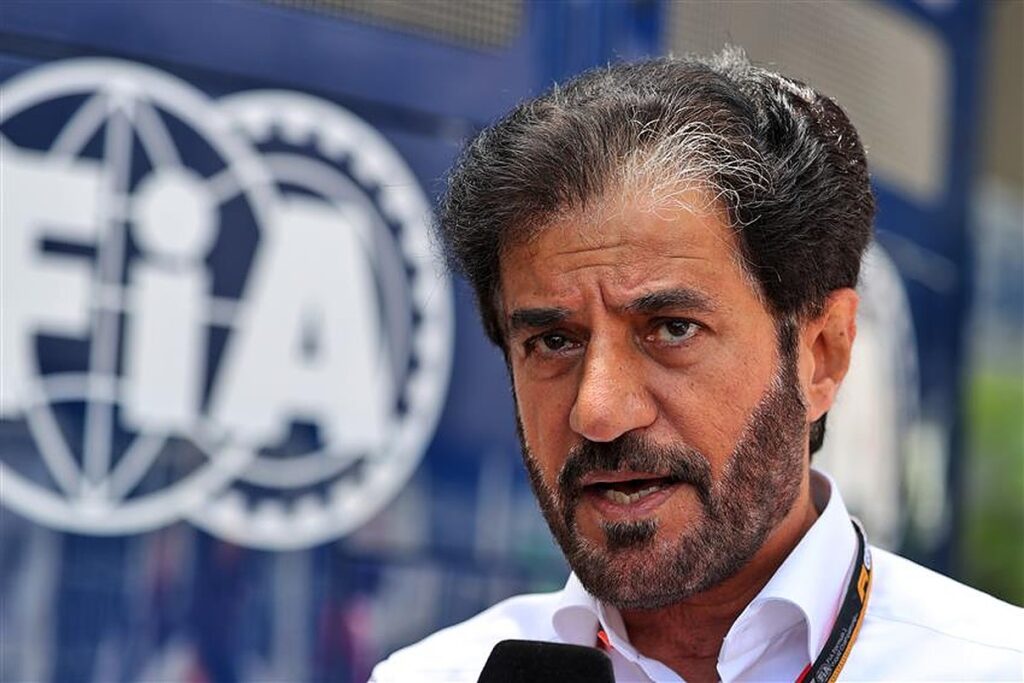Mohammed Ben Sulayem, the FIA president, is currently under scrutiny following a series of allegations that have surfaced, raising questions about his actions and decisions.
The controversy began with accusations on Monday suggesting that Ben Sulayem attempted to influence the outcome of an F1 race.
The situation escalated when a report emerged on Tuesday, accusing him of instructing officials last November to avoid certifying the Las Vegas street circuit for racing.
An FIA whistleblower has brought to light allegations involving Ben Sulayem’s intervention in rescinding Fernando Alonso’s 10-second penalty during last year’s Saudi Arabian GP.

READ: Carlos Sainz creates Ferrari headache as Charles Leclerc concerned
This move allegedly restored Alonso’s third-place finish, prompting an FIA ethics committee investigation. But the allegations didn’t stop there.
The BBC released a report based on claims from the same whistleblower, suggesting that Ben Sulayem ordered officials to find reasons not to approve the Las Vegas circuit.
According to the whistleblower, there was a directive to artificially identify issues with the track, despite the lack of genuine concerns, ultimately aiming to withhold certification before the race weekend.
Despite these efforts, officials reportedly found the circuit safe, leading to its approval for the race.
However, the BBC’s report mentions that other officials present have provided different accounts, adding layers of complexity to the narrative.
The motivations behind the alleged attempt to block the Las Vegas circuit certification remain speculative.
The race was of significant importance to Formula 1 and its expansion in the U.S., with Liberty Media investing heavily in the event.
READ: Red Bull responds to Max Verstappen’s father demanding Christian Horner resigns
This has come at a time of strained relations between Formula 1 and the FIA, with Ben Sulayem showing a keen interest in asserting his authority and seeking to increase Formula 1’s financial contributions to the FIA, currently set at around $40 million annually.
No comments have been made by F1 officials regarding these claims.
The emerging situation underscores the need for thorough investigation and reconciliation of the differing accounts to uncover the truth behind these serious allegations, highlighting the complex dynamics within the sport’s governing bodies.

